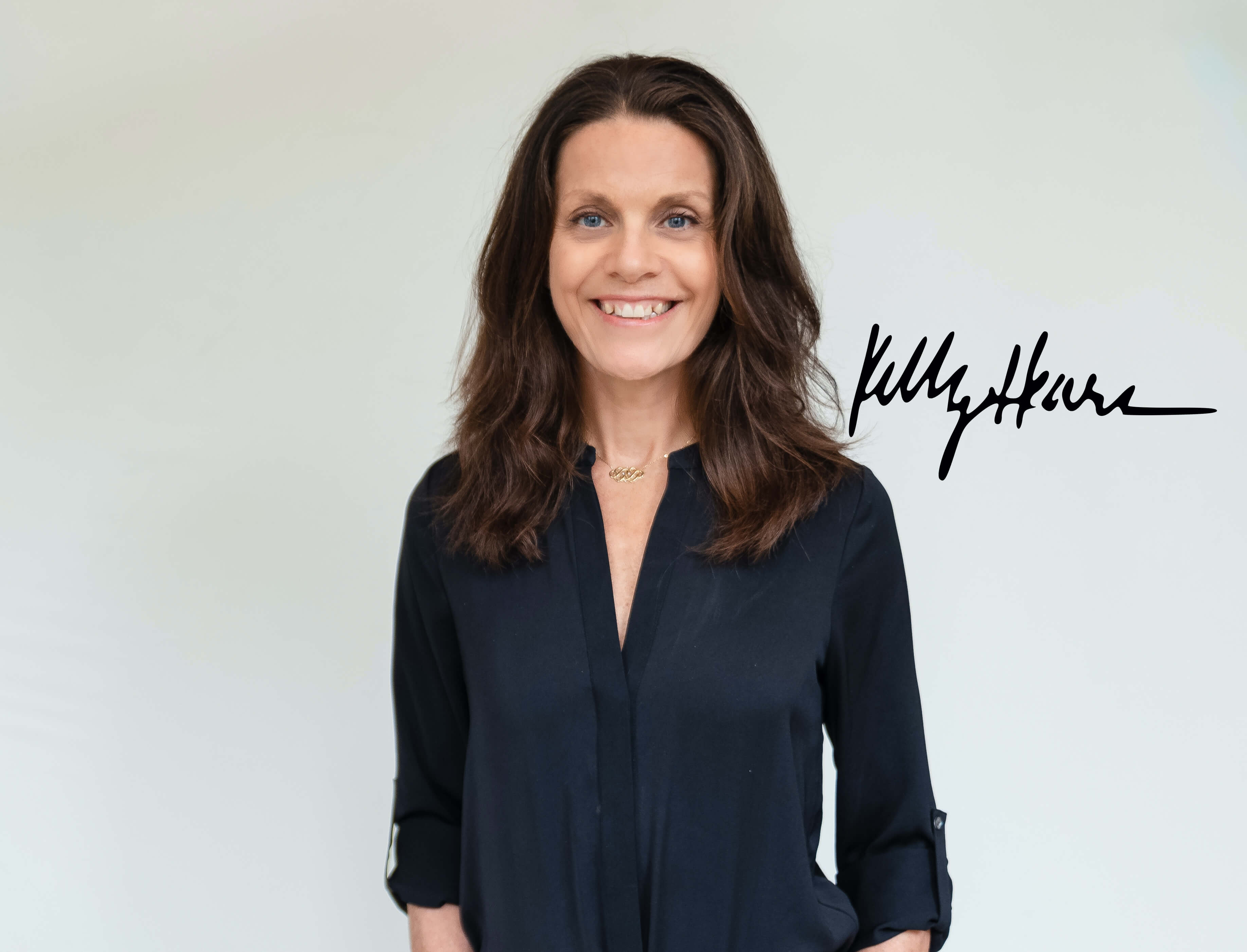Dear Therapist,
I'm struggling with a colleague at work whose relentless cynicism makes interactions with him unbearable. He habitually refers to people - customers, colleagues, competitors and especially notable personalities in the news - as 'idiots' and then gives his list of gripes to support his conclusion.
In my view, he is incredibly arrogant, like he always knows better, and anyone who disagrees or sees things differently is naive. I work very hard to stay optimistic in a pessimistic world so I find engaging with him and people like him exhausting!
Signed,
Over it.
Dear Over It
You are not alone in despairing at what can feel like a pandemic of cynicism these days. The challenge is not to be infected by it - becoming cynical of the cynics and engaging in the same type of denunciation that so infuriates you.
Cynicism is linked to the psychological defence of intellectualisation - using reason and logic to distance ourselves from uncomfortable emotions. Thinking in lieu of feeling. The cynic may tell himself he is seeking 'intellectual honesty' hard to argue with that! when in reality his motivation is to avoid feelings of hopelessness and ensuing fear.
Simply put, cynicism is a lack of trust. Cynics have given up trusting - or even hoping - that things can get better, often in response to repeated hurt and disappointment. A kind of learned helplessness sets in, and rather that acknowledging this and feeling through it, the cynic resorts to defences that project all his difficult emotions onto the 'idiots' out there.
Like many avoidance tactics, this attempt to avoid suffering merely compounds it. Cynicism is associated with a host of physical and emotional afflictions including depression and heart attacks. Does knowing the vulnerability at the root of the cynical defense and understanding its self-destructive nature help you soften towards it, frustrating though it is?
I also wonder about your own feelings of hopelessness you may be avoiding by all the 'hard work' you're doing to stay optimistic. Often the people who trigger us the most are those displaying a quality we are loathe to acknowledge in ourselves. I would never discourage optimism - holding hope despite all is a useful stance of defiance that inspires constructive action in the face of adversity. The caveat is that we needn't hold optimism in exclusivity, use it as a default position to numb or discredit the inevitable difficulties ever-present in the world. And if we don't take time to allow and process the emotions these evoke, it can be particularly grating to have someone bang on about them as this calls attention to that which we are working very hard to avoid.
I encourage us all to strive for a more balanced grounded optimism, a position that has space for a realistic acknowledgement of the pain we witness around us and room to drop into feeling this, without letting it engulf or overwhelm us entirely. Because when that happens, we feel stuck, hopeless. Cue cynicism.
It strikes me that modern cynicism focuses exclusively on the negative aspects of the original definition. The Cynics of ancient Greece did indeed reject many social norms and goals, but they did so in search of wisdom and happiness, a life in agreement with the natural world and in pursuit of virtue. They weren't just rallying against something s , their attention and efforts were more heavily focused on cultivating better.
In line with the original Cynics, can we ensure that our energies don't get ensnared in the many wrongs of this world, a stance that only increases our personal and collective misery, and instead engage in the continuous practice of turning towards creating the world we want to live in, even if it's just our small corner of it? This isn't naïve, it is called active hope. In the words of activist and author Joanna Macy who coined the term, 'If the world is to be healed through human efforts, I am convinced it will be by ordinary people, people whose love for this life is even greater than their fear.' May we all find, and be, these people.
Yours,

Do you have a question for Dear Therapist? Send it to [email protected] with Dear Therapist in the subject line and Charlotte Fox Weber or Kelly Hearn will get back to you.

